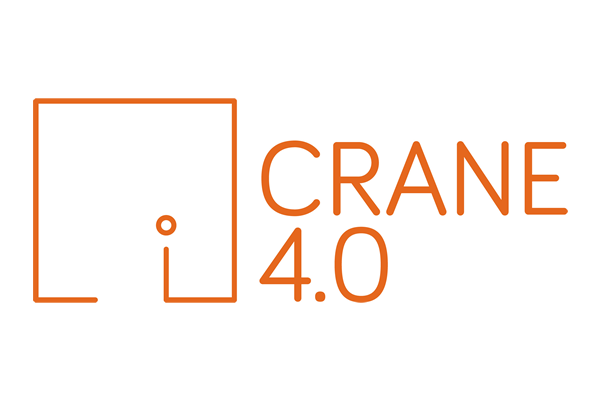A Digital Trainers Toolbox To Help Crane Operators Update Their Skills for Industry4.0 Environments (2019-1-ES01-KA202-065956)
CRANE 4.0 takes inspiration from the Analytical Report Improving the human capital basis issued by the European Construction Sector Observatory of the European Commission (ECSO, 2017) which urges to up-skill and re-skill the European construction labour force with new skills to meet the demand of the labour market for new digital competences. Only 45% of the workers in the sector has been involved in training at the workplace and the highly skilled workforce is only a small fraction of the total workforce of the EU construction sector. Applying Virtual Reality (VR) in VET and in on-the-job situations involving complex tasks facilitates the visualisation of the activities to be performed, even the riskiest ones, and the transmission of knowledge-intensive skills leading to increased training quality. The project focuses on crane operations exactly because they have a major influence on construction sites, especially in terms of efficiency and safety.
The project aims to improve the work-based and initial/continuous learning of crane operators to adapt their skills to the Industry 4.0 skills requirements.
CRANE 4.0 thus develops innovative training and methods for teaching, learning and assessing the learning outcomes of Crane operators 4.0, through the use of Virtual Reality thus supporting the educators and learners in using digital technologies in creative, collaborative and efficient ways.
The project will also support new teaching methods and the personal development of VET trainers and teachers. The project direct beneficiaries are crane operators and VET professionals working in a variety of contexts (Public Employment Services, Job Counselling, VET organisations, Careers Counselling, Placement officers, in-house trainers).
All information and updates on the project can be found on the website by clicking here. We will publish the most relevant results, events and information about the project on our pages and on the project’s social networks (LinkedIn and Twitter).
The project is funded by the Erasmus + Program of the European Commission.
NEWSLETTERS
El proyecto está financiado por el Programa Erasmus+ de la Comisión europea.


